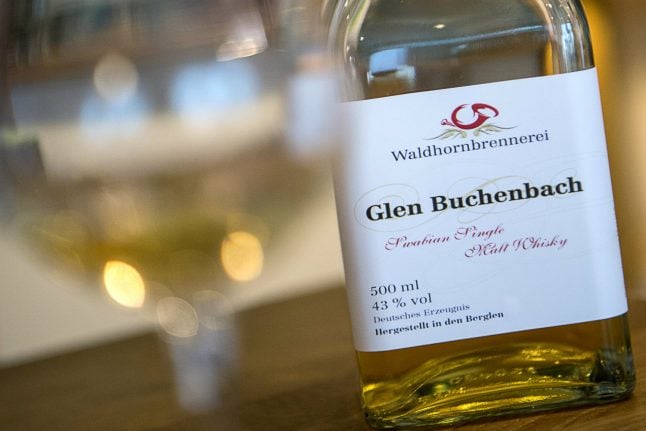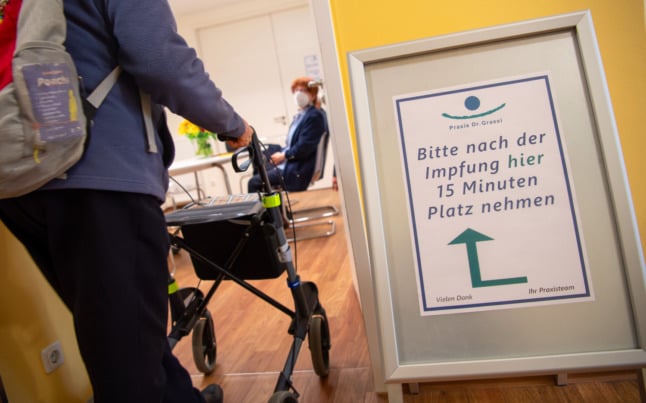Distiller Michael Klotz clearly states on his product that his Swabian single malt whisky is produced in Berglen near Stuttgart. But the Scottish Whisky Association (SWA) took the Waldhorn Distillery (Waldhornbrennerei) in Baden-Württemberg to court over the label and its branding.
The association claimed that the use of the word “glen” — which means valley in Gaelic — on the bottle was misleading to consumers. The word “glen”, they argued, gave customers the impression that it was a Scottish whisky, a “Scotch”.
SEE ALSO: How well do you know German food culture?
Scotch Whisky, one of Scotland's biggest exporters which accounts for 20% of UK food and drink exports, and about 40,000 jobs, can only be sold in the EU if it is actually made in Scotland.
The term “Scotch” is a ‘designation of origin’ title protected by the EU, similar to “Champagne” or “Prosecco” for sparkling wines from certain regions of France and Italy.
On the Waldhorn Distillery website, the product is described as being named after the Buchenbach valley, which runs through Berglen. It also explains the Scottish Gaelic origins of the word “glen”.
What does an average European consumer think?
The SWA took the distillery to court in Hamburg, and German judges referred the case to the European Court of Justice (ECJ) which clarifies points of EU law.
The ECJ examined the case last June but made no final decision. The court sent the case back to the German judiciary, with some guidance.
The ECJ said it should be examined whether an “average European consumer who is reasonably well informed and reasonably observant” thinks of the protected title “Scotch” if he has in front of him a similar product with the unprotected part of the name: “glen”.
The Hamburg Court now has to decide whether the word “glen” evokes associations with Scotland and, therefore, with Scottish whisky. The lawyer for the Waldhorn Distillery has argued that the word “glen” has nothing to do with the association of “Scotch”.
The lawyer for the Scottish whisky producers, on the other hand, argued that it was precisely the higher quality whiskies from Scotland that contained this component of the name, and that it was not merely an allusion to a protected designation, but was in fact a deliberate misleading of the consumer.
A decision on the case is expected on Thursday.



 Please whitelist us to continue reading.
Please whitelist us to continue reading.
Member comments